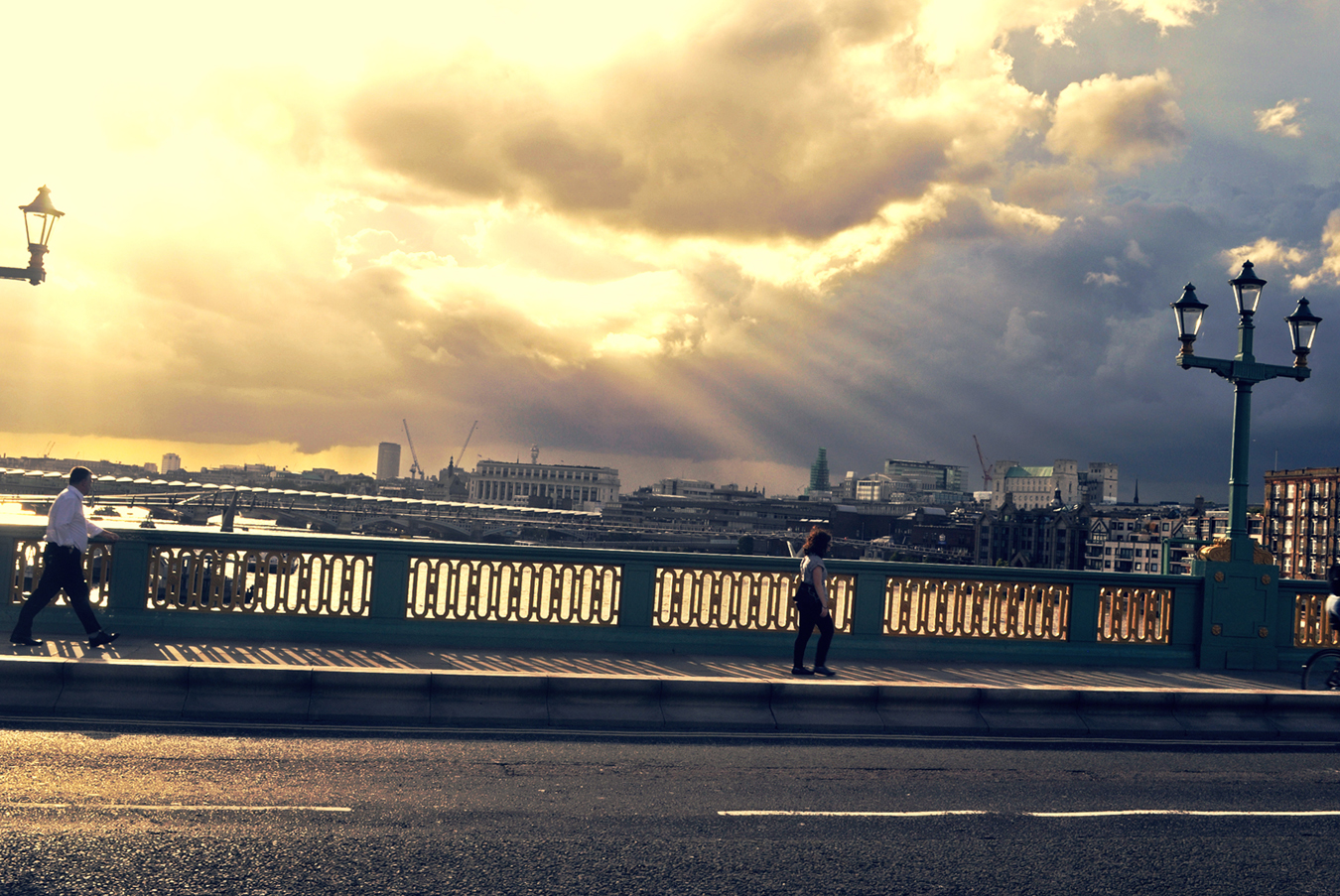By Lida Prypchan
Life is but en incomplete moment which can be demonstrated by the fact that it’s so brief; we are born, reproduce, approach death – in effect die – and never even know why we came. If we do find out, it’s too late and there’s no time left to pass the information on to anyone else. (Apparently this was what happened to Moses, who didn’t catch sight of the Promised Land till the eve of his death.)
I can give you an even more obvious example: if we ask a person to tell us his life story in detail, we’ll notice that it’ll take him less time to tell it than it will to live it. I noticed a similar phenomenon a short while ago when I met an eighty year old lady who summed up 63 years of marriage in two sentence, a minute a piece (and that’s counting her husband’s interruptions). I’d rather not repeat her words, in case someone doesn’t survive the shock.
When people tell their life stories, they place special emphasis on their love relationships and, as I’ve observed when it’s a question of love, time seems to become long and drawn out.
There’s an example of this in the song Penelope, where there’s a line, “Pobre infeliz, se paro tu reloj infantile” [“Poor unhappy one, your childhood watch has stopped”]. The place where this occurs is quite significant – on the railroad platform. I don’t know why, but I always connect railways with cowboys and love: with cowboys, because they delight in wreaking havoc on trains; with love, because well-decorated railroad cars always evoke seductive pictures of a “casino for two” where the game of love is interwoven with the game of chance.
The moment is the present, an invisible and never-ending chain of events, coincidences and trivialities. The present gives us jolts and surprises because we’re not prepared to live in the present. (The reason is obvious: society requires us to live either in the past or in the future. Socially, we are condemned to “prepare for old age.”) The present moment presents us with a paradox: we reach it even though we try to avoid it, and it avoids us though we try to hang on to it.
As far as the future is concerned, all I can say is that since it’s unforeseeable there’s not much we can predict. You cannot foresee the future with a simplistic interpretation of the present. I think we’d do better to reflect upon the circular theory of history that emphasizes the cyclic nature of phenomena.
The past deserves special attention because man only has memories of his past. Furthermore, a bad past nearly always leaves an imprint on the present. In other words, memories are projected. All we can be certain of is the past and death, especially since the present is a second that “just passed” and the future is a desire that frustrates the present as soon as it arrives, because “it just went by”; the past, in contrast, stays with us, makes us suffer and gives us delight. In addition, so many present moments are nothing more than “past moments that are relived with greater intensity.” I guess all that’s needed to give the theme a little touch of pathos is to sing you a song of despair. I’d rather not sing in case someone doesn’t survive the shock!

